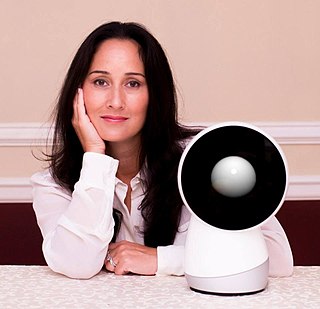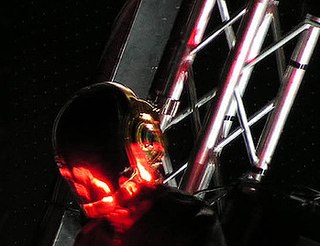A Quote by Daniel H. Wilson
Human reactions to robots varies by culture and changes over time. In the United States we are terrified by killer robots. In Japan people want to snuggle with killer robots.
Related Quotes
There are lots of examples of routine, middle-skilled jobs that involve relatively structured tasks, and those are the jobs that are being eliminated the fastest. Those kinds of jobs are easier for our friends in the artificial intelligence community to design robots to handle them. They could be software robots; they could be physical robots.































